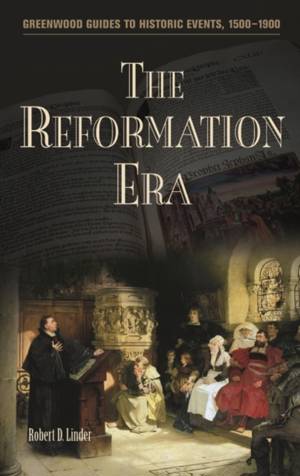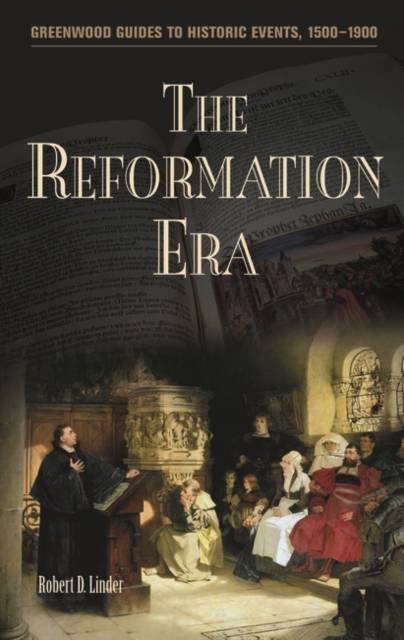
- Afhalen na 1 uur in een winkel met voorraad
- Gratis thuislevering in België vanaf € 30
- Ruim aanbod met 7 miljoen producten
- Afhalen na 1 uur in een winkel met voorraad
- Gratis thuislevering in België vanaf € 30
- Ruim aanbod met 7 miljoen producten
Zoeken
Omschrijving
Although religious unrest had been brewing in Western Europe long before Martin Luther nailed his Ninety-Five Theses to the door of the Castle Church in Wittenberg, Germany, historians view this event as the tipping point that shattered the unity of the Medieval Catholic civilization. Disillusioned by Church bureaucracy and awakened by the rise of Renaissance Humanism, Western Europe was primed for an alternative to the old order. Protestant reformers called for a return to scripture and a focus on individual faith, and the Catholic Church responded with a new focus on spirituality that culminated in the Council of Trent. In modern spiritual revivals, religious debates, and newer Church reforms, we can still see the legacy of the era Linder calls Midwife to the Modern World.
Specificaties
Betrokkenen
- Auteur(s):
- Uitgeverij:
Inhoud
- Aantal bladzijden:
- 256
- Taal:
- Engels
- Reeks:
Eigenschappen
- Productcode (EAN):
- 9780313318436
- Verschijningsdatum:
- 30/11/2007
- Uitvoering:
- Hardcover
- Formaat:
- Genaaid
- Afmetingen:
- 168 mm x 236 mm
- Gewicht:
- 526 g

Alleen bij Standaard Boekhandel
+ 186 punten op je klantenkaart van Standaard Boekhandel
Beoordelingen
We publiceren alleen reviews die voldoen aan de voorwaarden voor reviews. Bekijk onze voorwaarden voor reviews.











